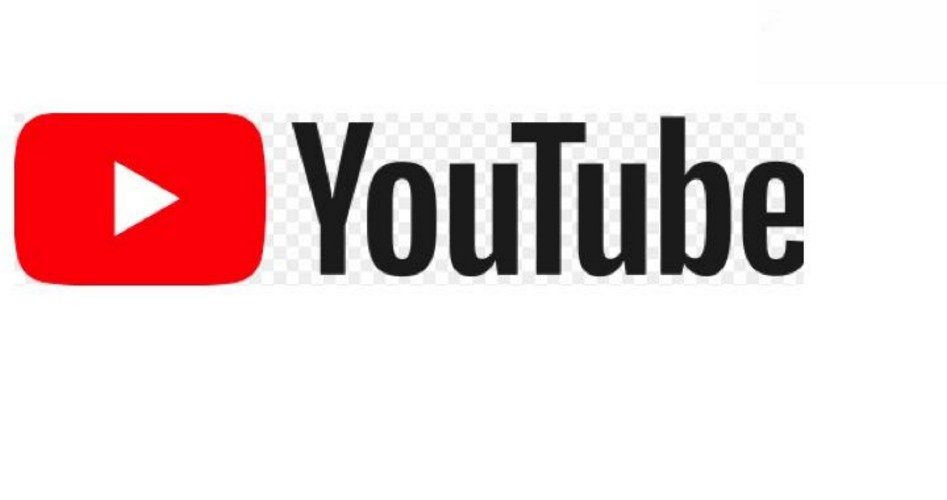
On July 9, the Google-owned video-sharing service YouTube began adding a disclaimer to certain videos that challenge “well established historical and scientific topics that have often been subject to misinformation online.” Among these “well established” topics is the pseudo-scientific, completely unproven topic known as anthropogenic (man-made) global warming. This new feature is being used only in the United States for now.
The new feature purportedly offers “topical context” on subjects that YouTube considers settled in historical or scientific context. A box underneath the video explains what YouTube wants you to believe on whatever the subject is and then offers a link to Wikipedia or Encyclopedia Britannica, where a more politically correct explanation of the subject is readily available.
When you ask YouTube, why am I seeing this? a message pops up, saying, “Users may see information from third parties, including Encyclopedia Britannica and Wikipedia, alongside videos on a small number of well established historical and scientific topics that have often been subject to misinformation online, like the moon landing.”
YouTube announced in March that it would begin placing descriptions alongside videos on certain conspiracy theories and topics that it considers “fake news.” Videos that show the Sandy Hook tragedy, the Oklahoma City bombing, the September 11 terrorist attacks, and the moon landing as hoaxes have also been augmented with these disclaimers. YouTube has not released a full list of subjects it intends to “fact check” but its partner Wikipedia lists global warming, Dulce Base, the 1980 Camarate air crash, FEMA camps, the Kecksburg UFO incident, and connections between vaccines and autism as subjects that may be affected.
This means that Google and YouTube now put climate-change skepticism in the same camp with conspiracy theorists, which is not surprising but still galling.
Climate alarmists love the new development. “I’d guess that it will have some influence, at least on those people who don’t know much about the subject,” said the director of the Yale Program on Climate Change Communication, Anthony Leiserowitz. “Might be confusing to some people, but that’s probably better than just accepting the denier video at face value.”
Others believe that the move is just another example of leftist bias among Silicon Valley elites who are looking to stifle debate. “Despite claiming to be a public forum and a platform open to all, YouTube is clearly a left-wing organization,” said Craig Strazzeri, a marketing analyst for PragerU, a purveyor of conservative videos on the web. “This is just another mistake in a long line of giant missteps that erodes America’s trust in Big Tech, much like what has already happened with the mainstream news media.”
Earlier this week, YouTube took the draconian step of banning Alex Jones and his InfoWars channel from the site. YouTube blamed the ban on Jones’ alleged “hate speech” and “bullying,” but the move came as other tech giants Apple, Facebook, and Spotify banned Jones on the same day.
Since the 2016 election, YouTube has earned the ire of many conservative personalities for its practice of demonizing selected videos based on content that they claim is not advertiser friendly. Interestingly, a large number of these demonized videos come from conservative voices. Steven Crowder, Paul Joseph Watson, Mark Dice, Stefan Molyneux, Lauren Southern, PagerU, Diamond and Silk, and many others have all been targeted by YouTube because of their content. And demonizing is not the only punishment. Conservative voices are often placed in a restricted mode, which means even highly popular videos do not show up in suggested videos and are not available to those under 18 years old.
Oddly, enough, more liberal platforms are, generally, unaffected by such penalties. For instance, The Young Turks, a news and opinion show that is regularly vulgar, fact-free, and hateful toward conservatives is rarely affected by YouTube sanctions. In fact, the Young Turks is heavily promoted by YouTube. So much for any objectivity from Google.
The flagging of these controversial subjects with so-called fact checks is just another incremental step toward removing them from the platform entirely. Perhaps Silicon Valley in general and YouTube in particular see themselves as the Ministry of Truth from George Orwell’s novel 1984. In time, only the approved “truths” will be allowed on their platform. And if that happens, the word truth will have lost its meaning.




